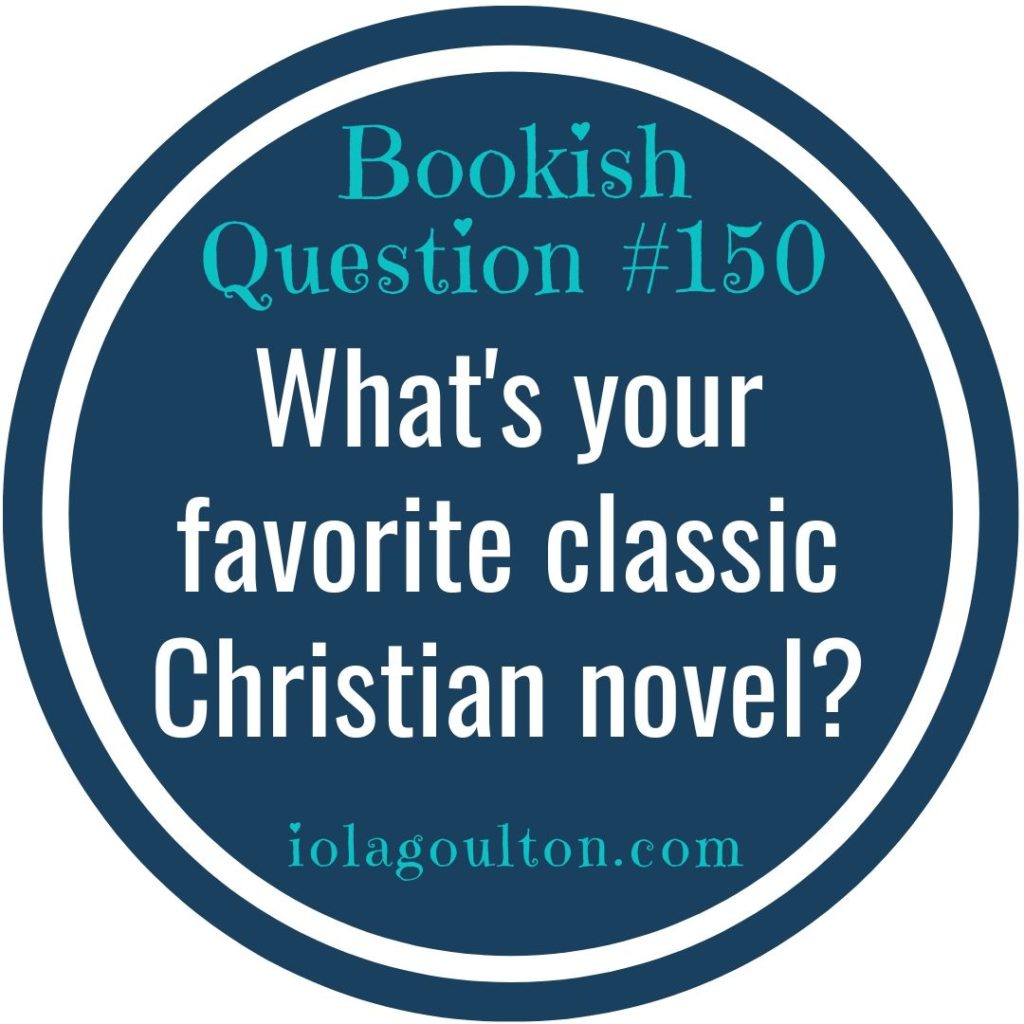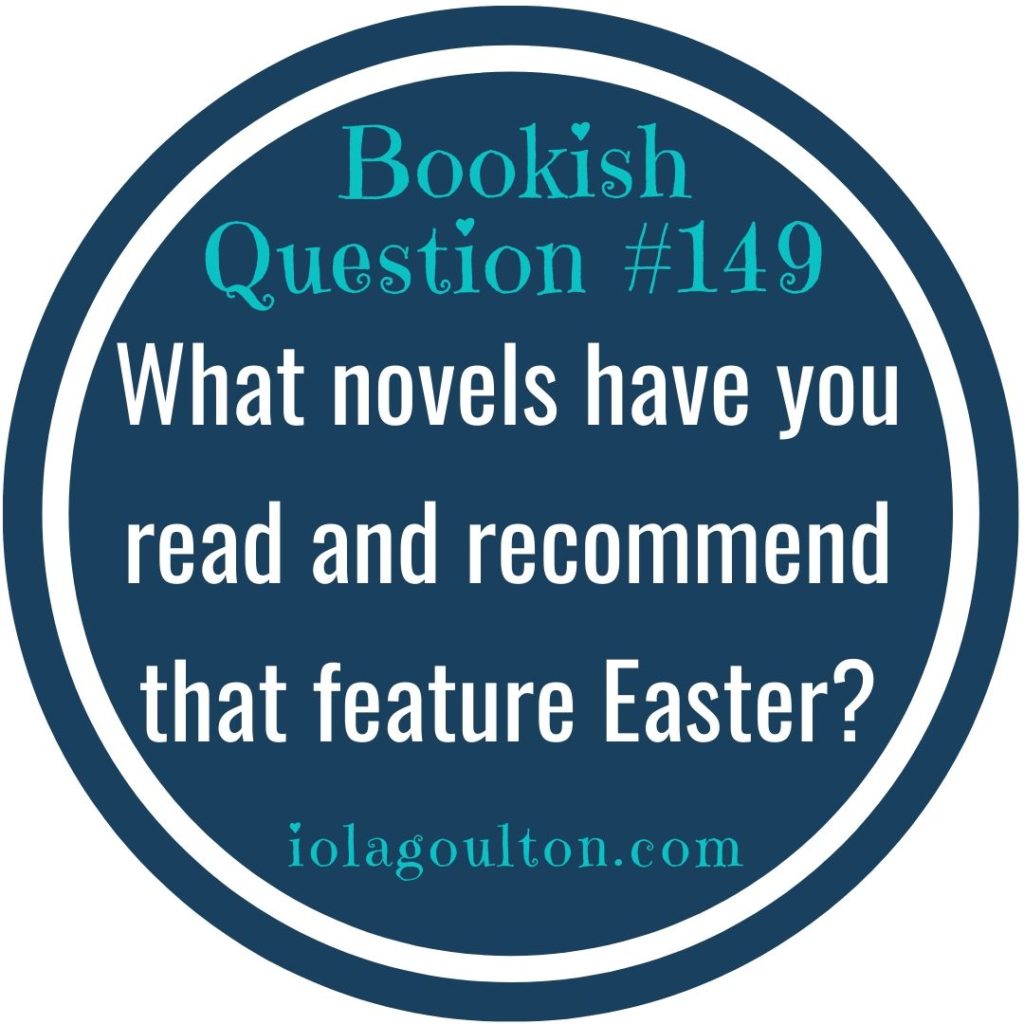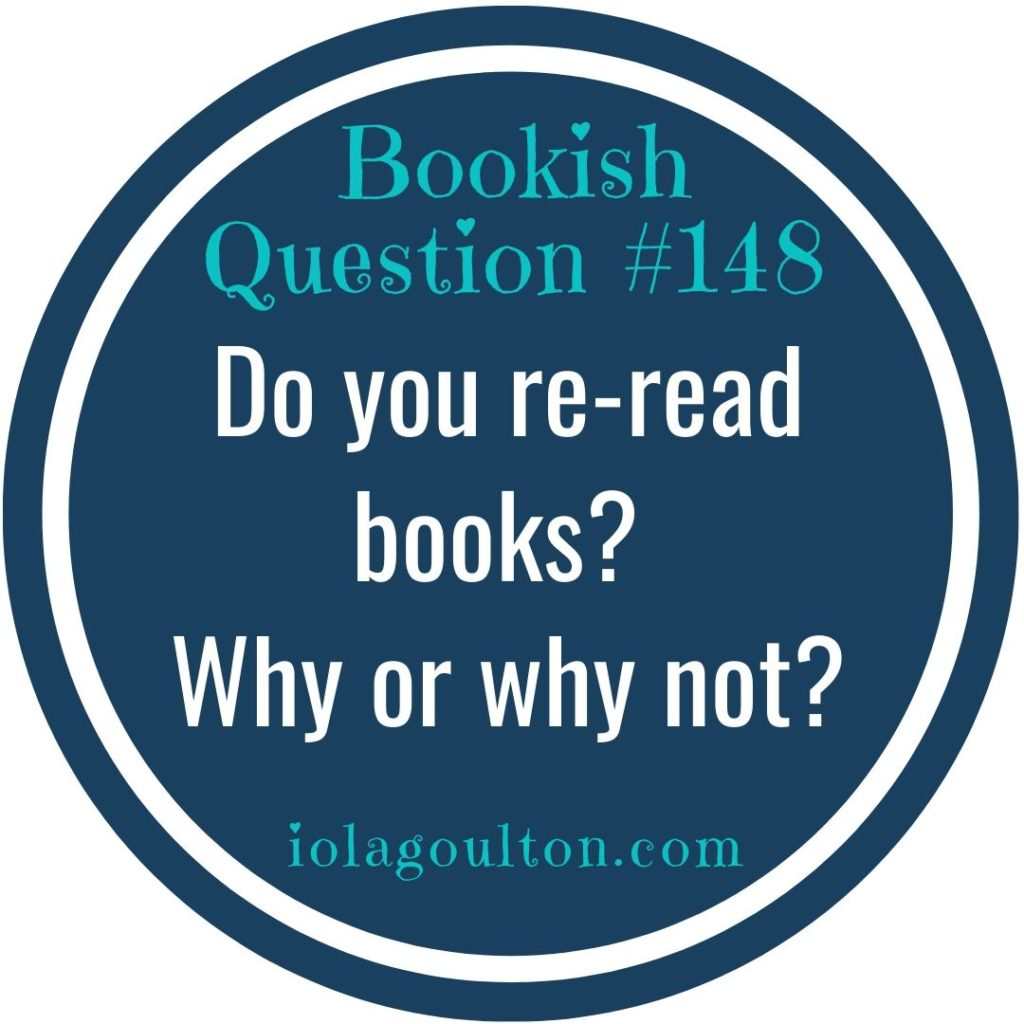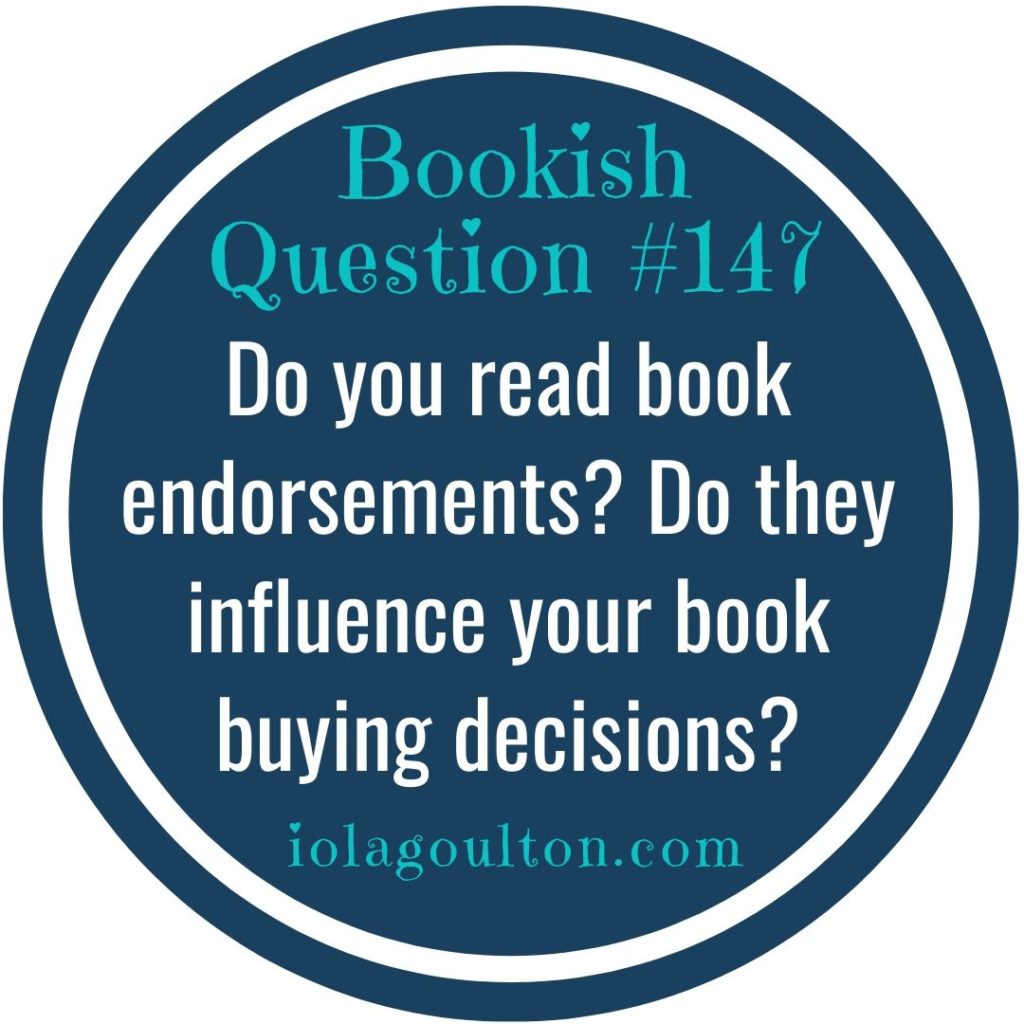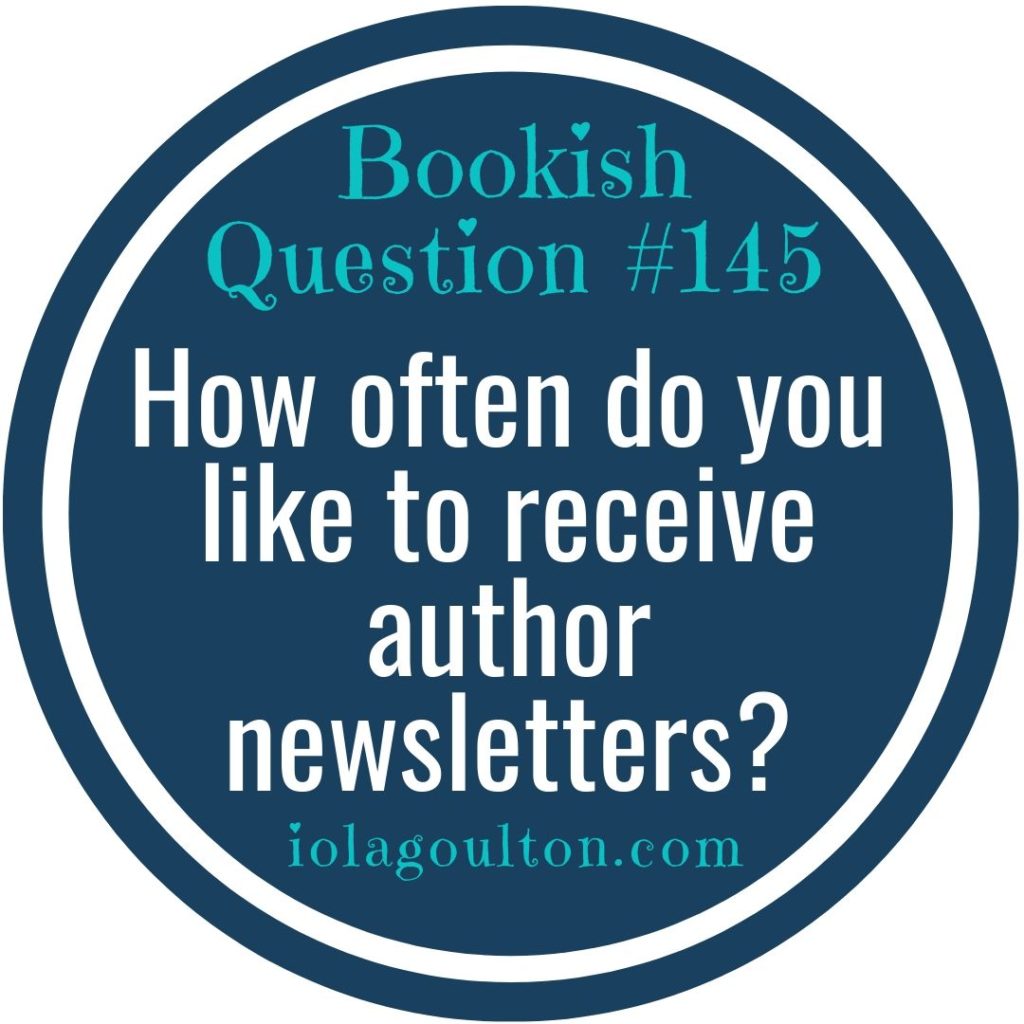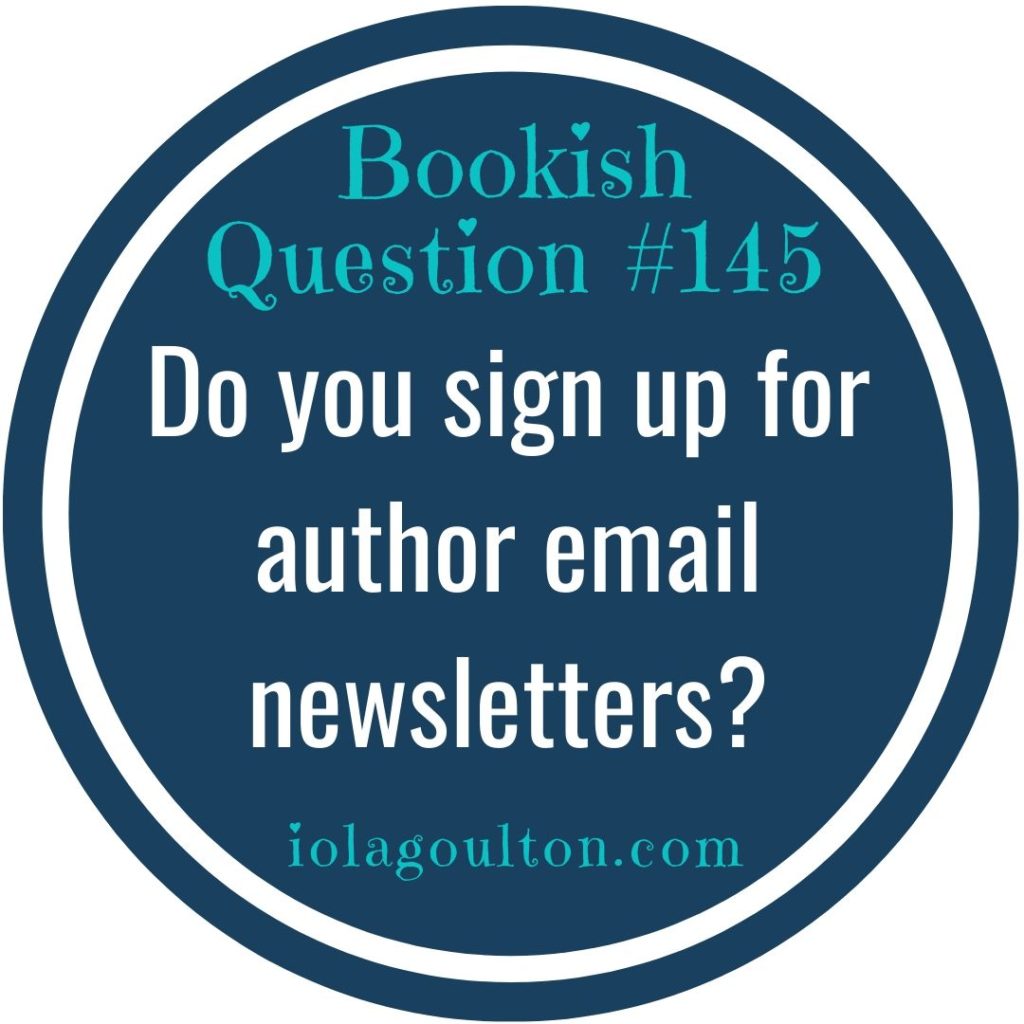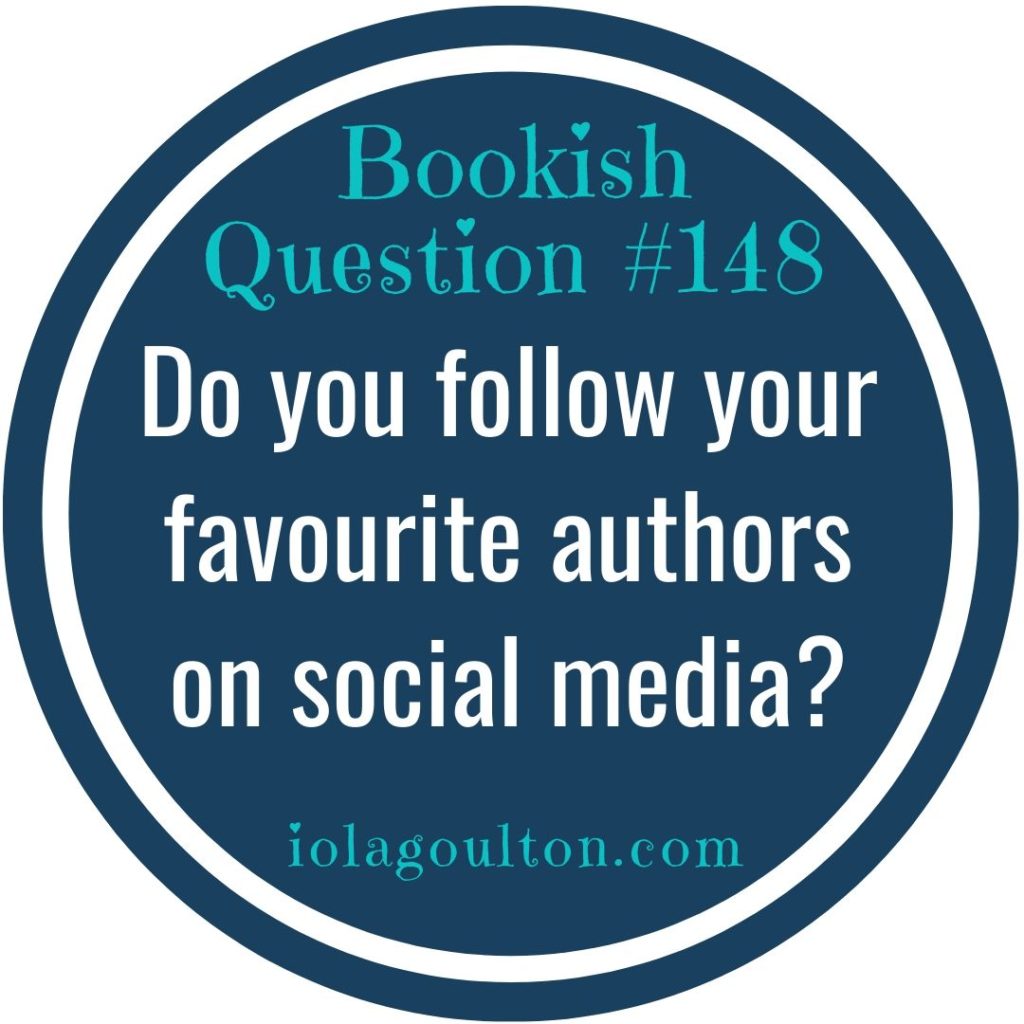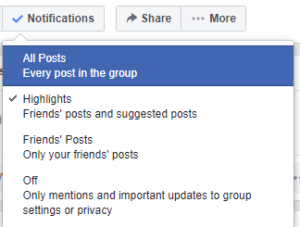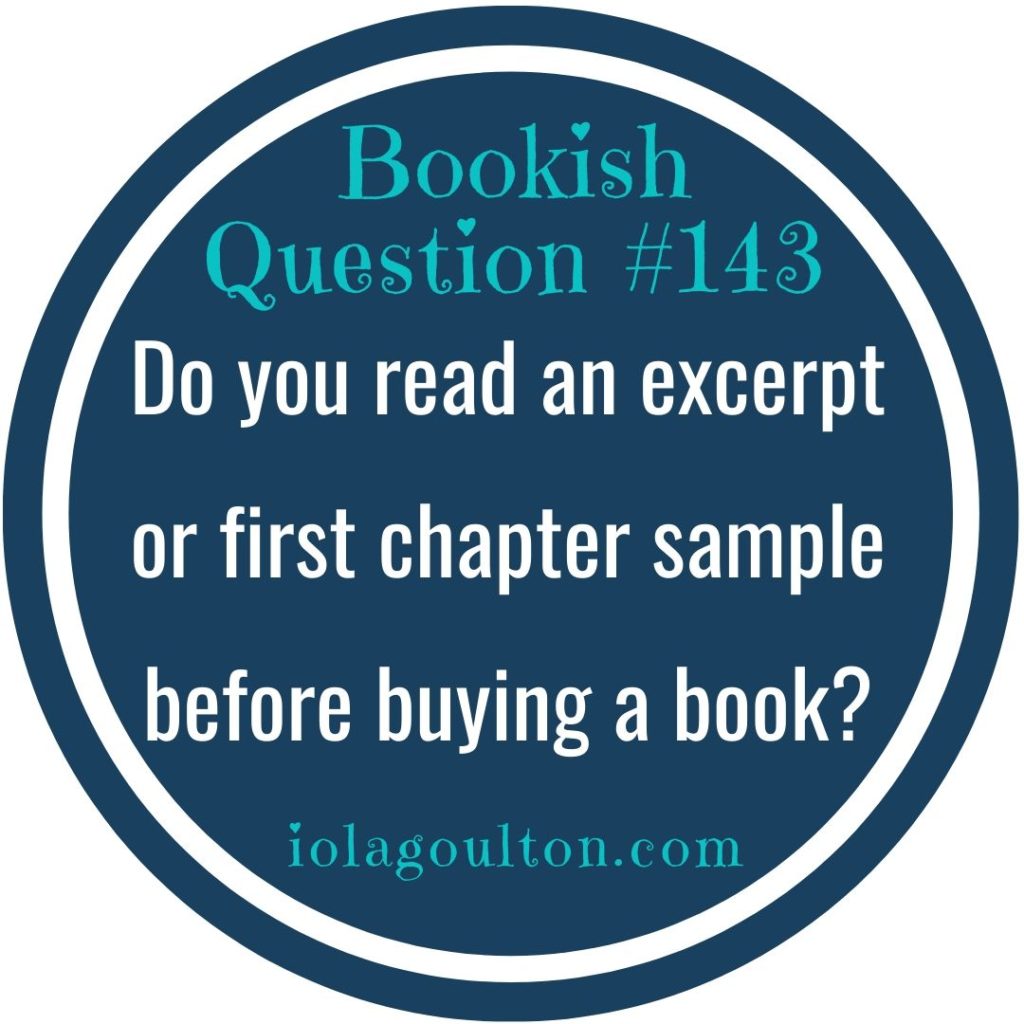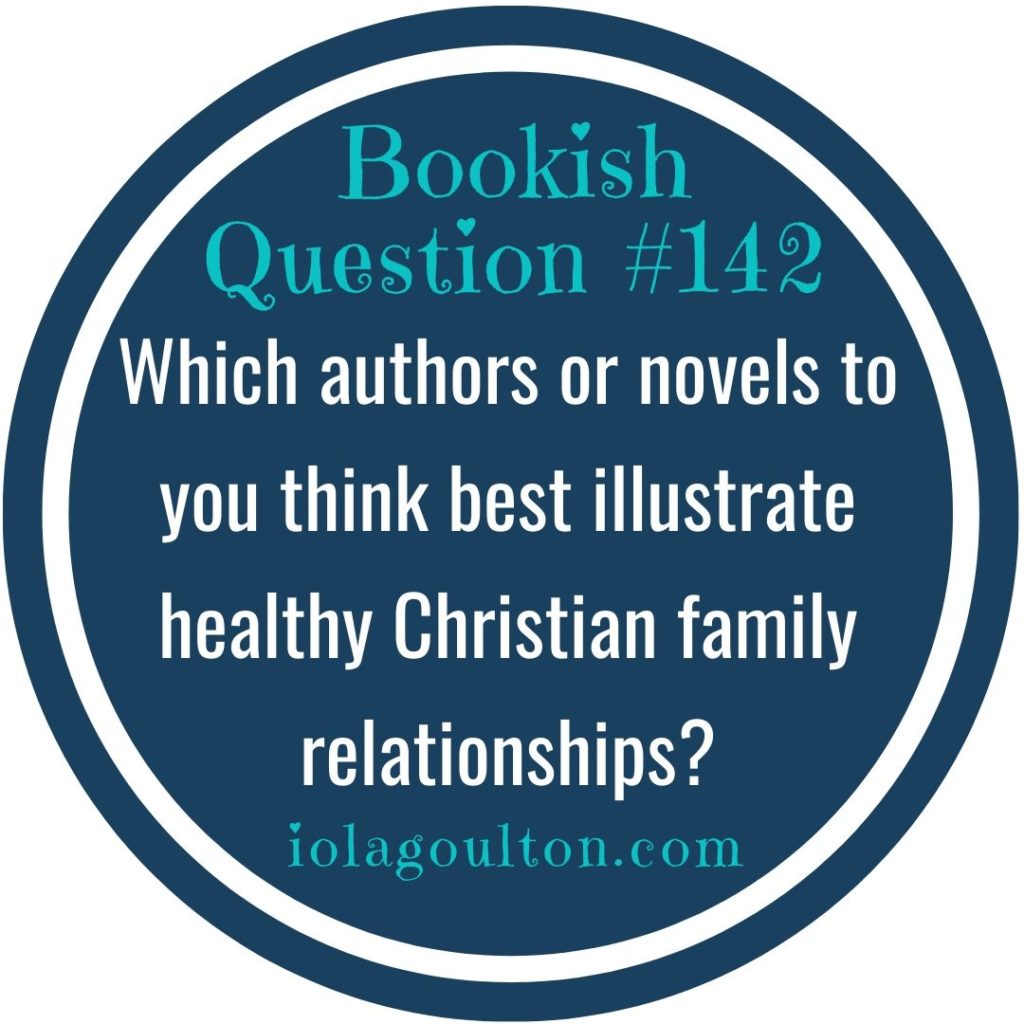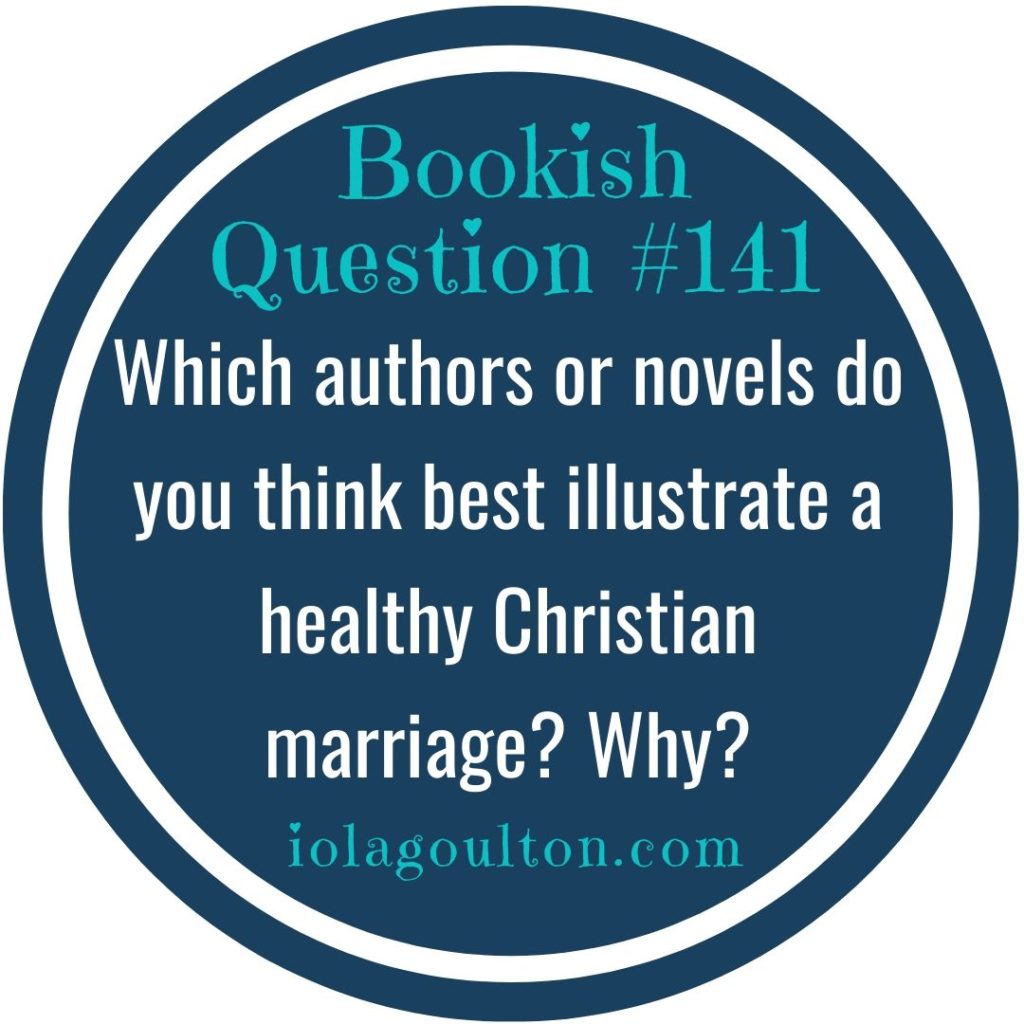I’m never entirely sure what qualifies a novel to be called a classic.
It’s partly age—no one would argue that Jane Austen, the Bronte sisters, or Dickens are anything but classic. But Christian fiction, as a genre, isn’t that old.
Yes, there are older novels written that are explicitly Christian e.g. the novels of George McDonald. There were novels written by Christians with Christian themes from authors such as CS Lewis and JRR Tolkien. There were more overtly Christian novels from authors like Grace Livingston Hill or Taylor Caldwell, but they never caught my interest. There were no doubt others that haven’t stood the test of time.
So I guess that’s what makes a classic: a combination of time and popularity.
On that basis, my first favourite classic Christian novel was Christy by Catherine Marshall. It is considered one of the earliest success stories in modern Christian fiction, and it’s the inspiration for the annual Christy Awards, which celebrate the finest in Christian fiction.
My other old favourite is An Echo in the Darkness by Francine Rivers. It’s the middle book in her Mark of the Lion series, and it’s always been my favourite of the three. In fact, I think it’s the only trilogy where the middle book is my favourite.

